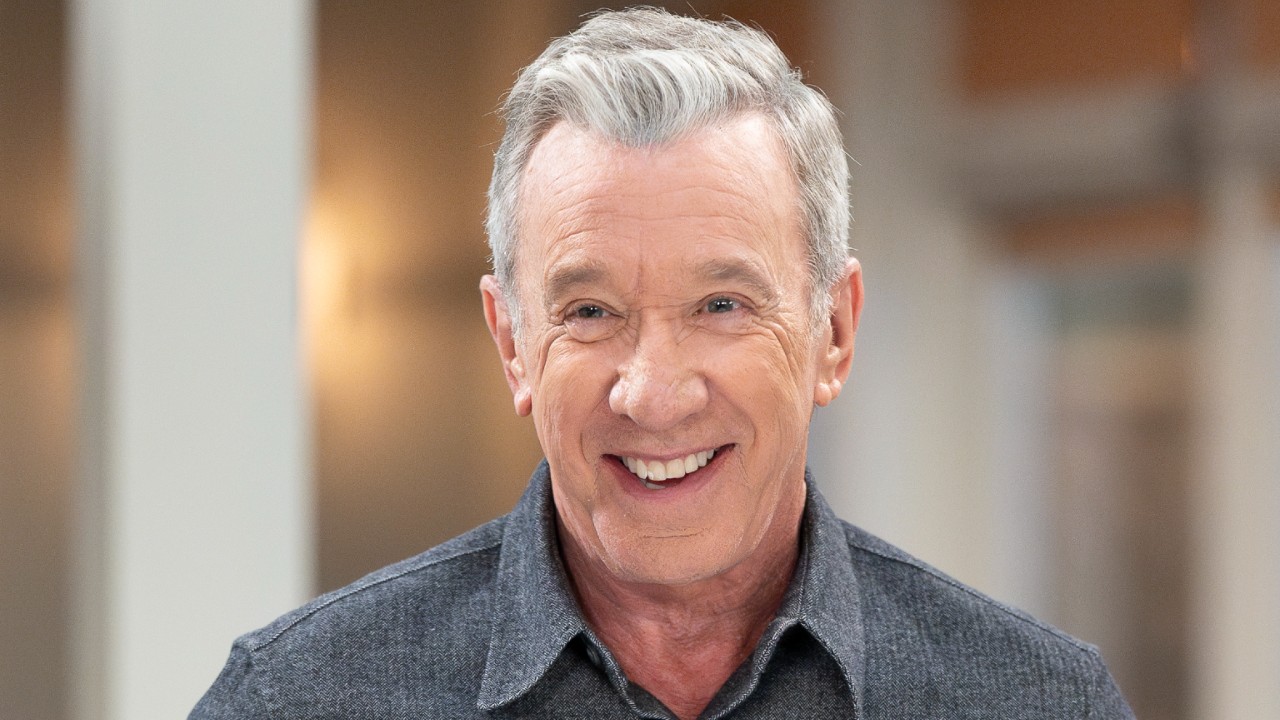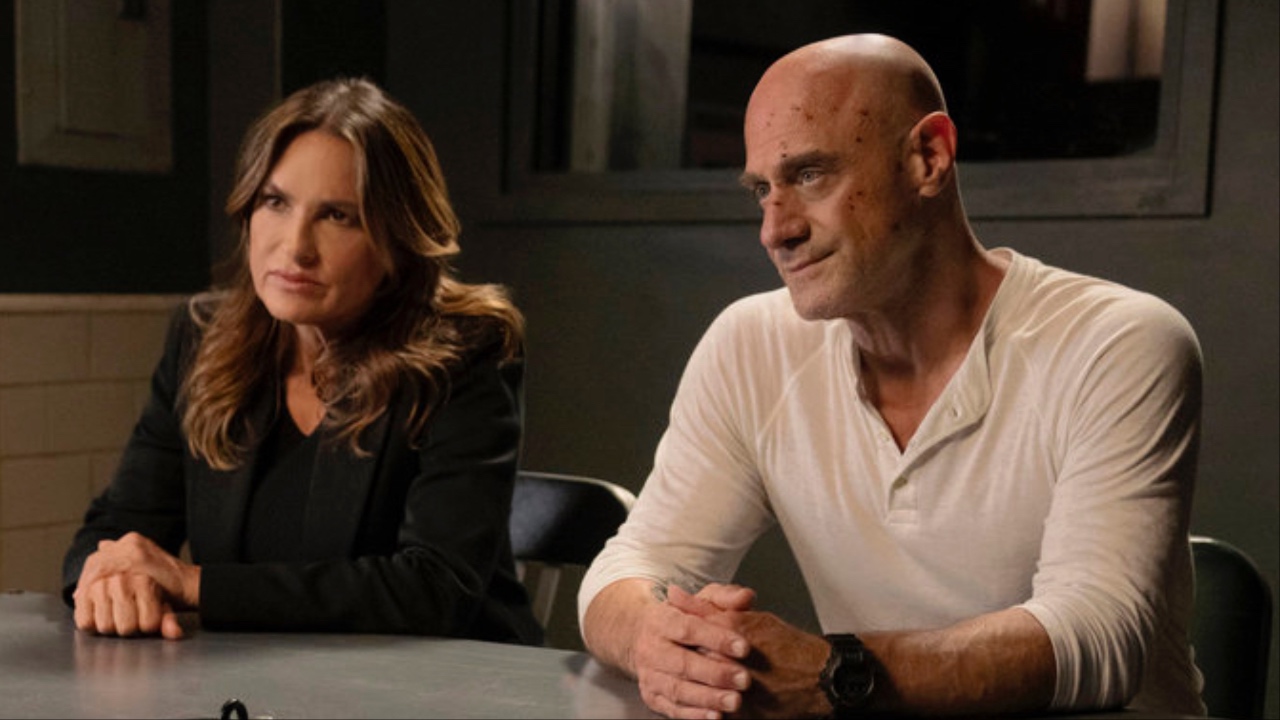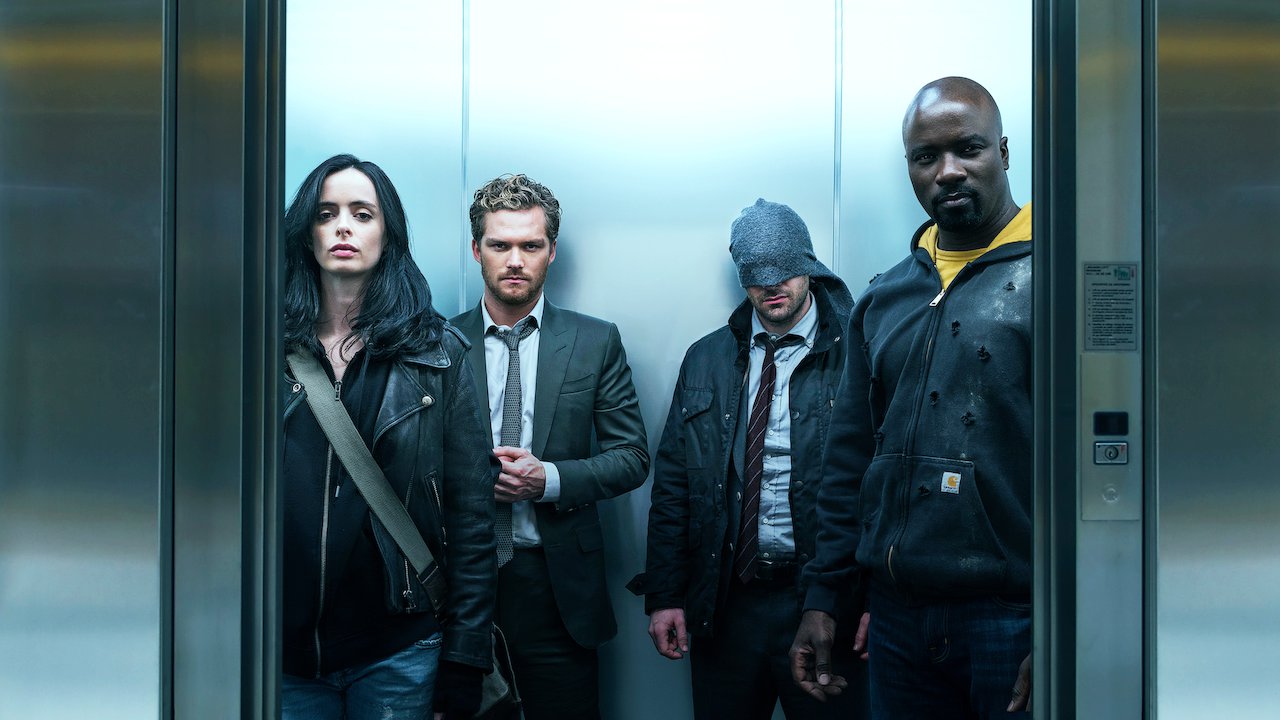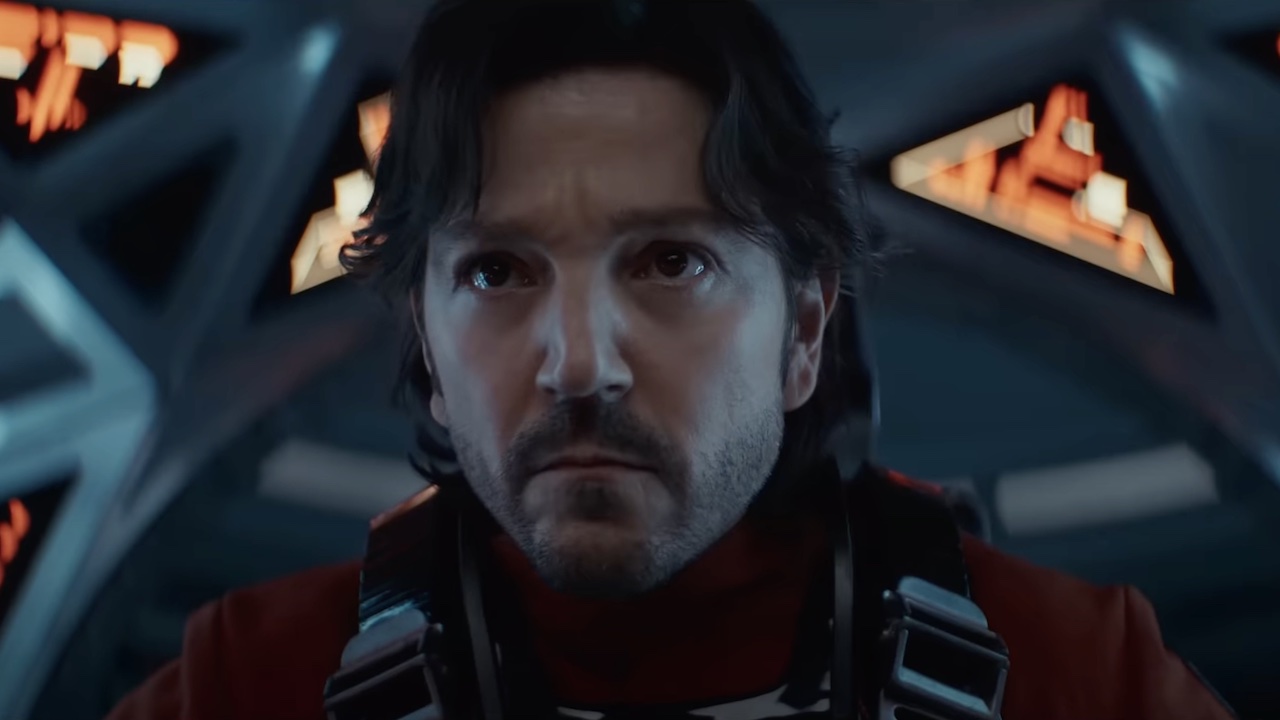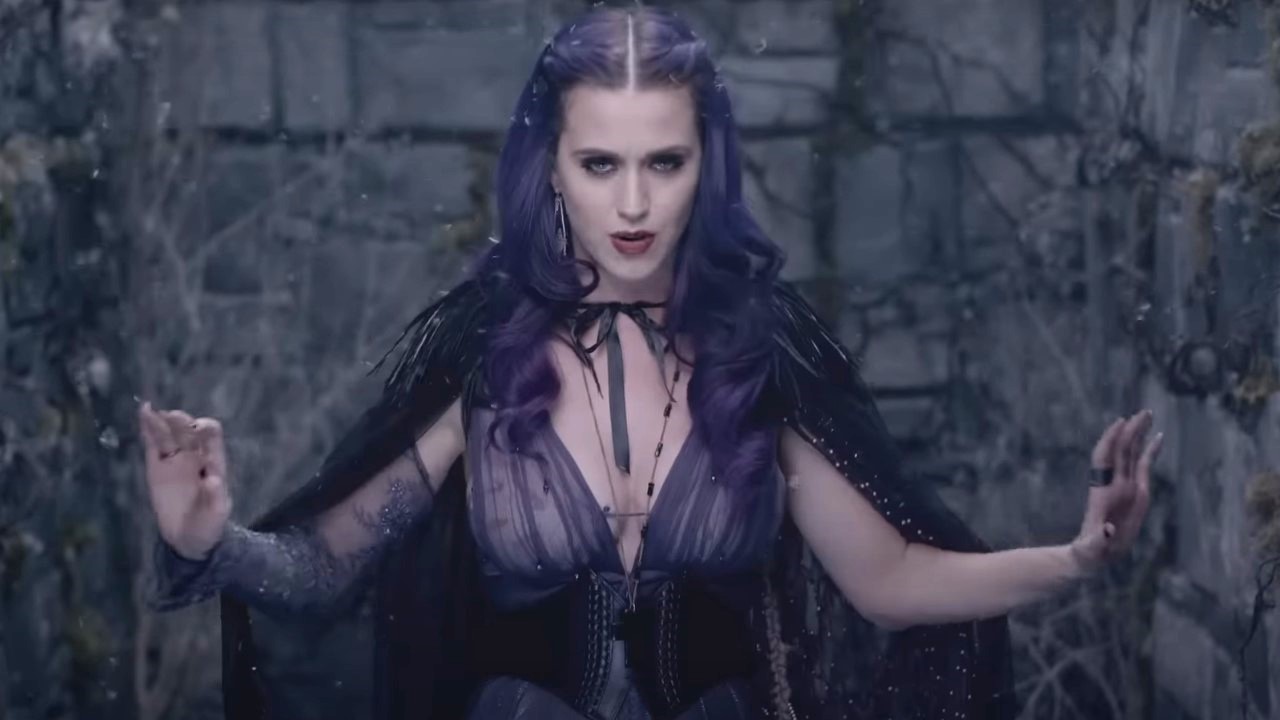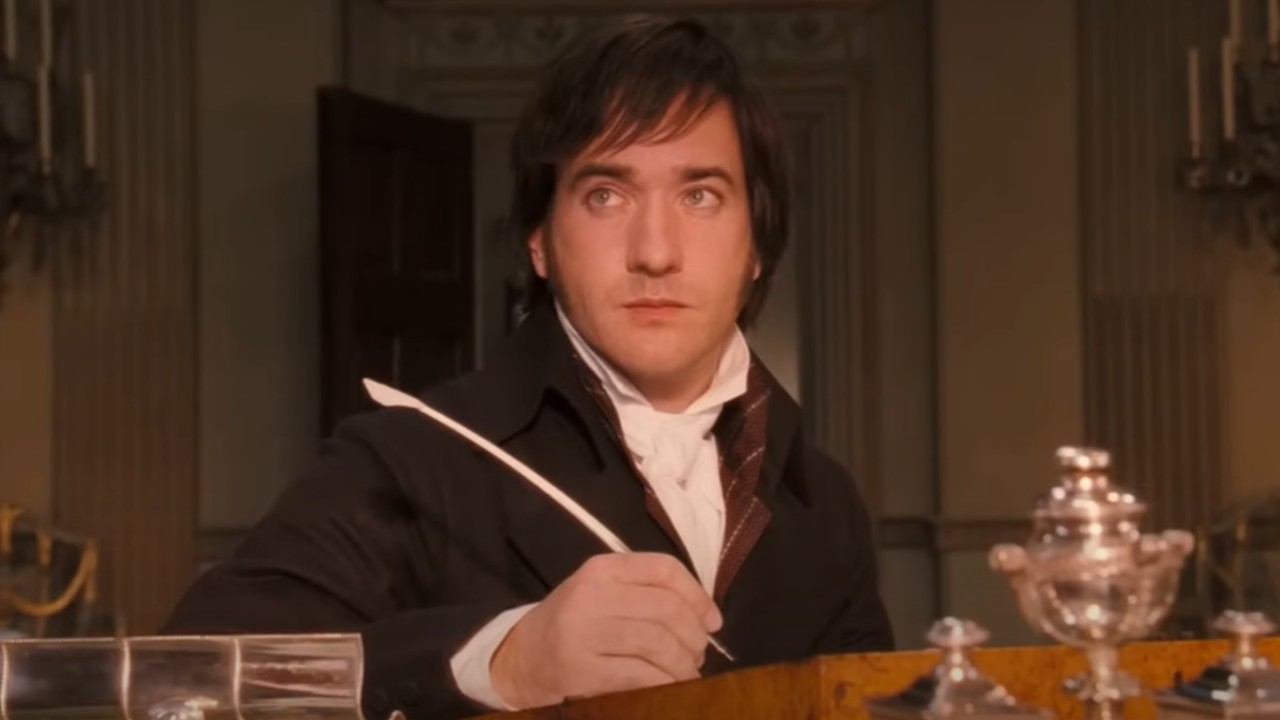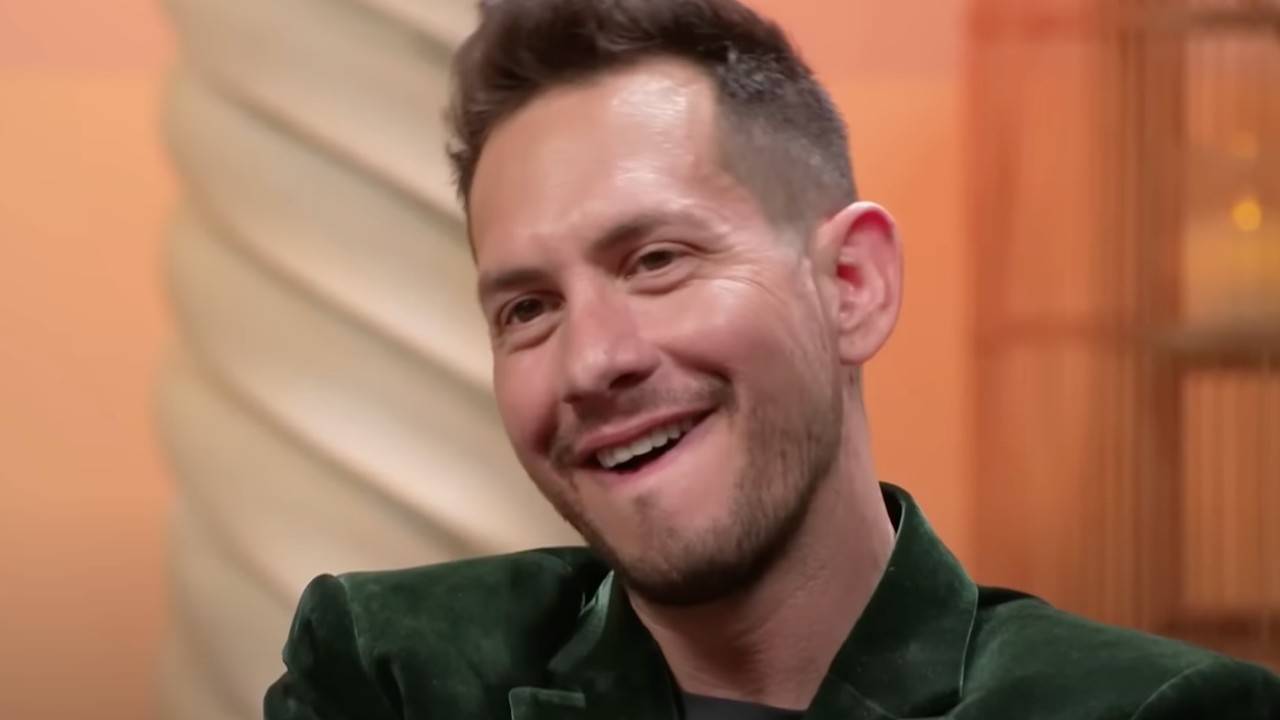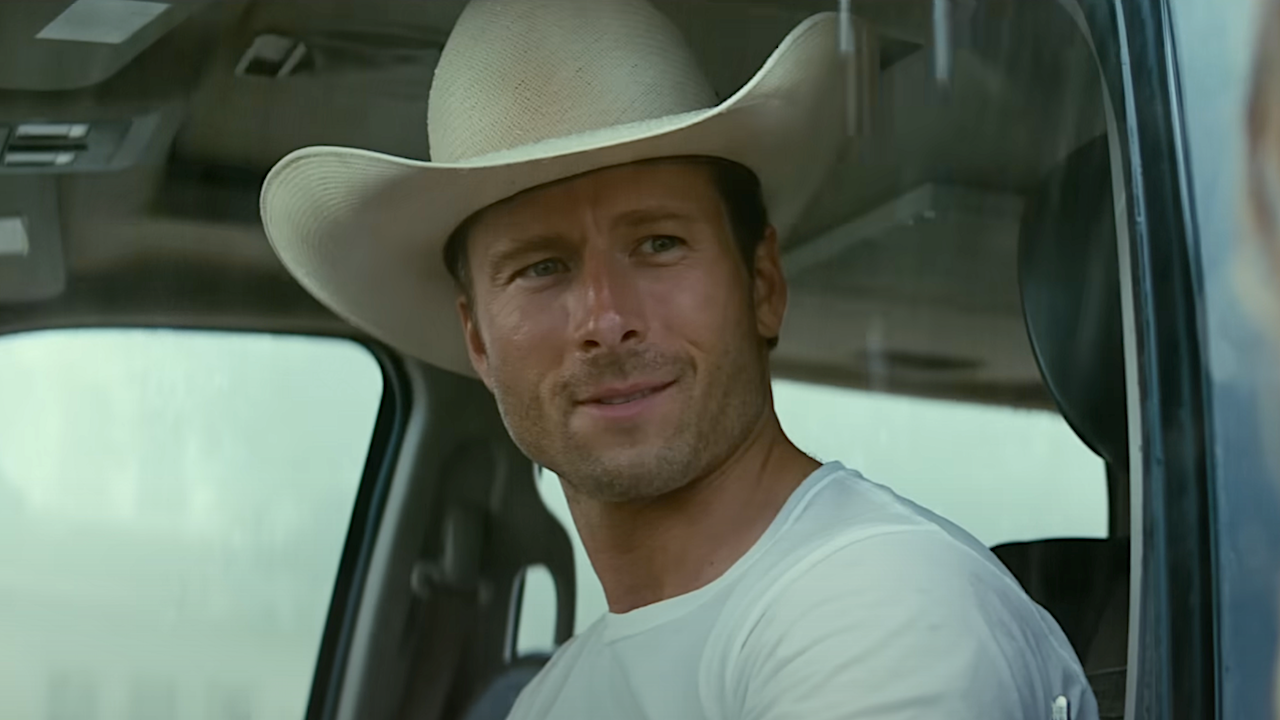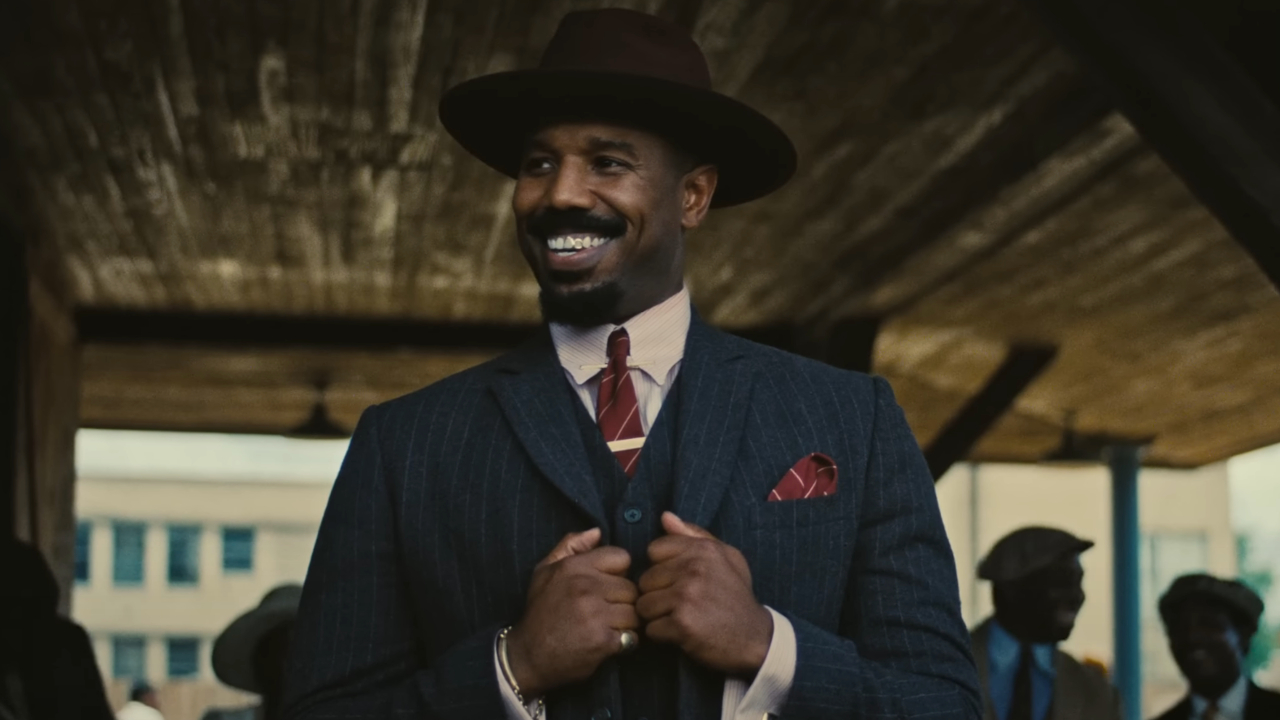Admission Director Paul Weitz: 'If Tina Fey Wasn't Up For It, There Was No Point In Doing It'
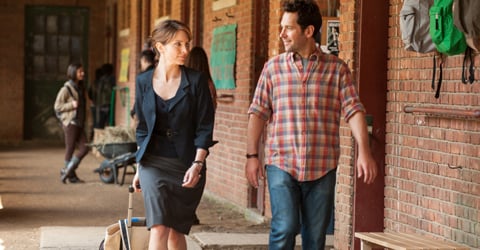
It seems insane that Tina Fey and Paul Rudd have never worked together on a film before, given how important each of them has been to pretty much all the good comedy that's come along in the last decade. At long last, in this Friday's Admission, Fey and Rudd team up in a classic rom-com conflict-- Fey as a Princeton admissions officer struggling to hold on to her controlled life in this rarefied world, and Rudd as the crunchy do-gooder who's aiming to shake her up even more.
The mastermind who's finally united them is Paul Weitz, the director of dramedies like About A Boy and In Good Company that, like Admission, are about people trying to be good to each other, and often failing terribly. Weitz has had his own detours into broader stories (he started his career with American Pie and somehow got tangled up in Little Fockers), but he excels at the human-sized stories like Admission, which weave complicated narrative arcs and eschew easy happy endings in favor of something more bittersweet-- and real.
Of course, that tendency to make realer stories doesn't always pay off career-wise (Weitz's last film Being Flynn made just $540,000 despite being pretty great), as he admitted to me when we spoke over the phone a few weeks ago. Weitz told me about how he developed Admission from Jean Korelitz's book of the same name to have a few of those rougher edges, why he spent a lot of time building the story alongside Tina Fey, and how he managed to include a few jabs at the elite world of Princeton without stepping on their toes too much. Take a look below, and see Admission in theaters this Friday.
I feel like there's this common theme for you of making movies that don't follow expected beats. This is much lighter than Being Flynn was, but they both adhere to realism more than most movies. Do you agree that's a theme?
I wish I didn't have that instinct, to the extent that I'm aware of how some people might respond or not respond to stuff I'm doing. I am pretty conscious It's odd, because sometimes I'll see films that seem on these surface quite cynical and suspect of human nature, and then at the very end the guy will get the girl. I feel like there are films that are meant to not be following conventional storytelling patterns that then at the last moment become utterly conventional. I do feel like I want to try and do things that are counter-rhythm to what one might think that the story might be.
The end of this does balance the traditional ending with something more bittersweet. There is a mix of what you expect and then what you don't expect. Did you have a hand in making sure it ended that way?
I read the book and then I brought it up with Karen Croner, I was shooting something and she wrote the first drafts, and we worked a couple of years on the script. I went with her and sat down with Tina and went beat by beat with her of what I wanted the story to be. I made some decisions that to some degree diverged form the book. If Tina wasn't up for the story going in that direction, there was no point in doing it. I was not having a goldmine of ideas of who could play that character. It was just her really.
CINEMABLEND NEWSLETTER
Your Daily Blend of Entertainment News
Luckily she was up for doing the same version of this. I was really wanting to do something with the theme that you can't control where your happiness is going to come from, as much as we try to. So [her character] has to adapt in a massive fashion. She has one set of false concepts that get broken by Michael Sheen dumping her, and then with this revelation [about her son]. And then she has a whole other self of false concepts that need to be broken. That was something I was thinking about from the get-go.
In the press notes you said you felt ashamed that you hadn't made a movie about a female character. Many, many filmmakers wouldn't even think about that. How long had you been thinking about that, and what made you go to the effort?
Look, it's just embarrassing, and it just speaks to the lopsided nature of Hollywood, I guess. I feel like I've gotten to work with some really strong actresses who have played some good characters, but I felt like it was a real deficit not do something with a female lead. Not that in its essence it would be any different. Simply that it shouldn't be the case.
You take on this female character, and cast a woman who's used to writing her own work and running her own show. Was that an adjustment for you both, working with an actor who's used to having her own ideas and being her own boss?
First, I was just really excited about the story. I knew that if she was excited about it there would not be any issue of control. I want the actors to know more about the character than I do. In terms of working with somebody who's used to running the show, I've kind of gotten to the point where I'm not threatened by collaboration. Most of the time I've been very lucky in terms of having as much control as I needed to tell the story that I wanted to tell. But I've had a situation where that wasn't the case. In that tough situation I took from it that I shouldn't be afraid of collaboration.
In this case because I was touching base with her so frequently, there were no big surprises. She was able to give input when needed. Also my guess is it was something of a relief that I wasn't going to her going "Hey, would you write this script for me." It was basically, I'll do the work, then let's talk about it. I wasn't threatened by it in the least, largely because she's a polite person-- no bullshit. She's not looking to hang out and crack jokes, she's looking to focus on the work, essentially. And Paul Rudd, while one doesn't think of him in this way, also is a writer, and was able to interact on that level as well.
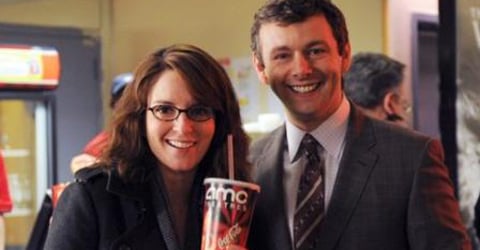
With Michael Sheen being cast, I have to assume there was someone who had seen him on 30 Rock and wanted to revive that relationship between him and Tina Fey.
It's interesting, he was just really good for the part. I saw it, and I thought he was really good. Tina being relatively self-deprecating, said "Michael Sheen would be great for this." [I asked] "Are you worried that he played opposite you on 30 Rock?" And she said "Oh, nobody watches that show. Nobody will notice."
I went to Wesleyan, like you did, and my admissions process to college was relatively similar to this, but I had kind of forgotten about the experience. This movie brought it all back, but I wondered if you worried about making people care about this relatively rarefied world.
I was worried about that, and I was also worried about falling into the trap of denigrating, as one might have it, Princeton. I felt very lucky to go to Wesleyan, it was just what I needed. But, my wife went to a community college in eastern Connecticut, and I know a lot of people who have had a really good experience at community college, and I know a lot of people who have been to Ivy League schools and not had particularly happy lives. I'm suspect of the whole thing, so I was worried about what you're talking about.
There were a few moments that seemed like parody, like the GPS reading out the ridiculously named streets near the high schools. Did you slip in that kind of parody to avoid criticism of it being elitist or disconnected from reality?
That kind of stuff is just seeing what the balloon can hold without it bursting, comedically. It was a pretty small balloon, frankly, because you can't do certain things in a comedy-drama. You can't do certain jokes without it blowing the realism. There are certain aspects of the Northeast college experience that do lend themselves to parody. That a cappella group is a real Princeton a cappella group.
Oh yeah, they look just like Princeton guys.
As diverse as the university has become, there still is that element of exactly what you think of when you think of an Ivy League institution.
Staff Writer at CinemaBlend

